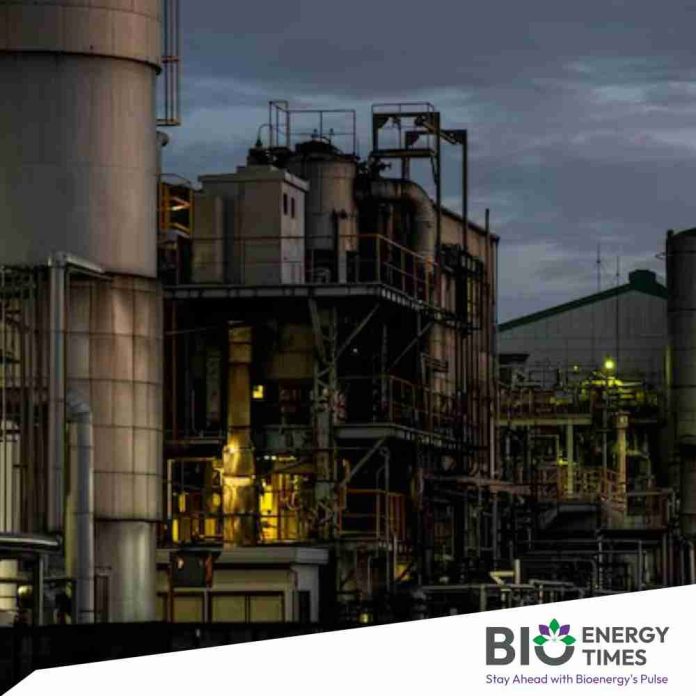The Japanese government has announced plans to blend 10 percent ethanol (E10) into the country’s gasoline by 2030, with a goal of increasing it to 20 percent (E20) by 2040. This initiative is expected to bring significant economic, environmental, and health benefits for Japan and its consumers.
Ryan LeGrand, President and CEO of the U.S. Grains Council (USGC), expressed support for Japan’s move, stating, “We are thrilled to see Japan taking steps towards E10 and E20 and commend the country for recognizing ethanol’s role in reducing harmful emissions in the atmosphere.” He added, “The Council stands ready to assist Japan’s transportation sector in any way possible to help the country achieve its energy goals.”
The USGC has long supported the growth of biofuels in Japan, including notable milestones like the opening of the first E7 fuel pump and LeGrand’s participation in a USDA and USGC conference on sustainable aviation fuel.
This initiative, led by Japan’s Ministry of Economy, Trade, and Industry (METI), is part of the country’s broader effort to become carbon neutral by 2050. METI acknowledged that due to Japan’s limited domestic ethanol production, the country will need to significantly increase imports from nations like the U.S., and make infrastructure upgrades, as most of Japan’s fuel stations are currently only equipped for E3 blends.
While Japan had previously set a goal to have all vehicles fully or partially electrified by 2035, delays in that initiative, combined with the country’s focused efforts to reduce carbon emissions, have driven the push for higher ethanol blending rates.
Tommy Hamamoto, USGC Director in Japan, emphasized, “Through initiatives such as the joint USDA/USGC conference held in October, the Council will continue to support the introduction of higher bioethanol blends in Japan and work to ensure that U.S. corn ethanol plays a key role in supporting Japan’s ethanol blending policies.”
To read more about Ethanol Industry News continue reading Bioenergytimes.com














